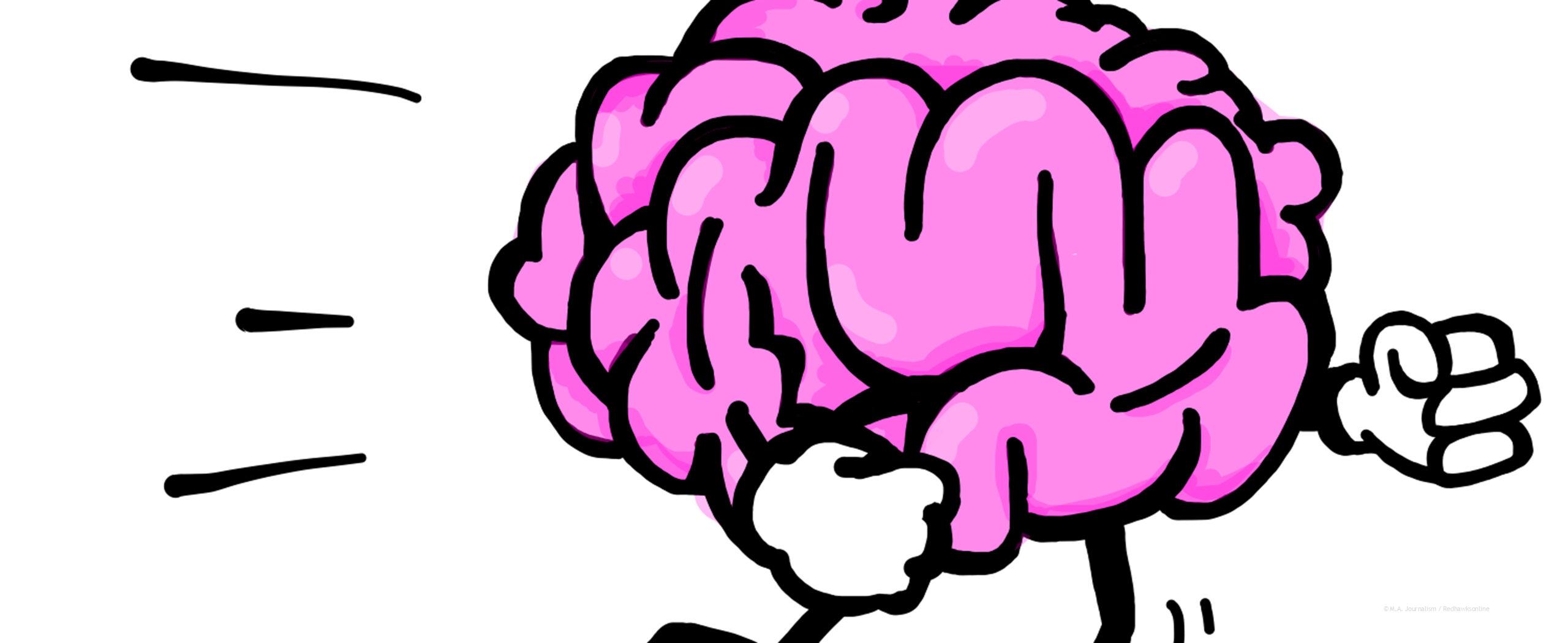“There is nothing more imprudent than excessive prudence,” said Charles Caleb Colton, a well-known English writer and collector during the 1800’s. This quote explains the mismatch of opinions of what prudence truly means. Another way to interpret Colton’s quote is, “There is nothing more careless than excessive wisdom or confidence.”
In biblical times, prudence was defined as a cautious man careful of his decisions. For example, Proverbs 22 says, “A prudent man forseeth the evil and hideth himself.” A man thinks about his choices, a man thinks about his consequences, a man proceeds with his life.
After that, prudence was mentioned in a book of the bible called the Wisdom of Solomon. This book is seen in the Orthodox Catholic Church.
The Roman Catholic Church recognizes seven capital sins and seven heavenly virtues, prudence being one of the cardinal, or more important, virtues. Cardinal virtues are known as the “human virtues,” traits that control our attitudes, actions and passions.
That was the definition centuries ago, so what does it mean now?
The modern definition of prudence is similar to the Bible’s: the ability to govern and discipline one’s self with a use of reason, but these definitions are interpreted in very different ways.
Nowadays, the idea of prudence can even be shamed. Prudence is wisdom, prudence is confidence. However, as Colton said, excessive confidence is not an ideal trait. This is where Colton’s idea falls short.
Yes, in some circumstances, a pompous person with an overbearing sense of confidence is not ideal, but the point is that this person knows what they want and stands steady in it. Prudence is not caving into what other people around you want you to do.
Prudence is being confident in your choices while using wisdom to think about it. Confidence is not snotty, but rather it shows that you believe in yourself.
This virtue is so important because it translates into daily life decisions. Not only is prudence an intellectual virtue, but it is a moral virtue as well. By having prudence, you can decide what is moral and immoral and consider the consequences. What separates prudence from lesser virtues is that a prudent person is someone who actually does something morally correct instead of just knowing something is morally correct.
Think of it as the head versus the heart. Prudence versus lust. Wisdom versus emotions. This is where the real battle comes in. You might think that following your heart is the right decision and that listening to your brain will just confuse you more. However, following your head or being prudent, if you will, allows you to consider your emotions, or lust for something, and transfer that into a logical way to complete your decision.
To focus solely on the heart, in this case, would result in a complete disregard of logical thought. With the influence of media’s version of romance, people might be swayed to go for that “romantic drama” and drop everything and follow the idea of love. We’ve all wanted that at one point in our lives. But, it’s completely irrational.
Following your head, or sticking to your beliefs, is perceived as boring or strict in modern day. The word “prude” is thrown around as a negative comment, and the virtue of prudence becomes tarnished. People seem to forget that wisdom and confidence are two of the greatest traits one might have.
Society today pressures the population to be reckless and live in the moment; what your first impulse says is what you should follow, but today’s society is distorted. Focusing on short-term interactions with careless choices might make you happy for five minutes, but you’ll completely lose sight of matters. The long-term.
Prudence is crucial in a modern day, because you can make the right decisions that benefit you your whole life.
A prudent person simply follows what they feel is logically right. They do not completely disregard what the heart says, but rather make a combination of both. You can have your dramatic love story while actually staying rational at the same time. However, lust isn’t the only example.
Prudence is one of the greatest virtues out of the seven. Justice, temperance, courage, faith, hope and charity wouldn’t be possible without the background of prudence. This also relates to the other sins, such as gluttony, greed, sloth, wrath, envy and pride. With a logical mind that has confident thoughts, prudence can help you deal with anything.

